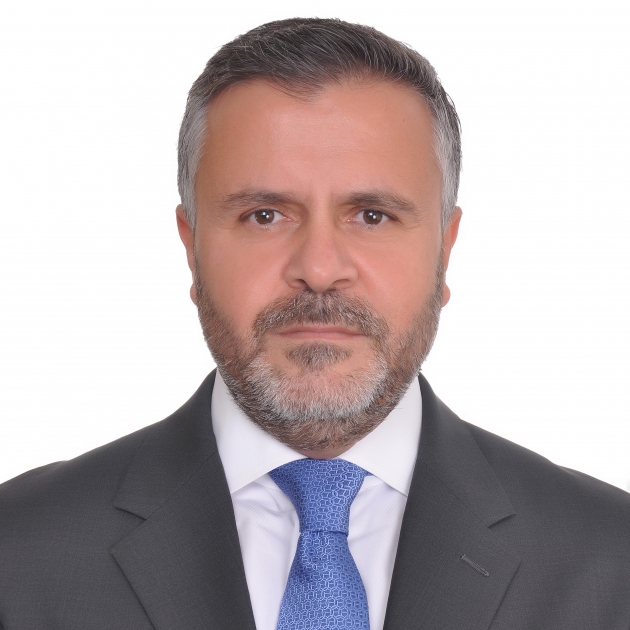
Fostering Innovation and Adopting Emerging Technologies Are the Next Phase Requirements in the Kingdom
In light of the great potential of the Saudi economy, the country continues to implement various reforms in all sectors in order to promote economic growth and diversify the country's resources away from oil through the National Transformation Program 2020, which is the first step towards achieving Saudi Vision 2030. CEOs in Saudi Arabia believe that the growth of the Saudi economy in its various sectors is on a positive track.
Despite the fall in global oil prices and the challenges facing the economy in the kingdom, CEOs remain optimistic, especially following the launch of various programs and initiatives by the government. Emerging technologies are expected to foster innovation, which could make radical changes in business models and heighten efforts to achieve the ambitious Saudi Vision 2030.
This is part of a recent survey conducted by KPMG in Saudi Arabia entitled Disrupt and Grow, which explores the views of Saudi Arabia's CEOs and offers rich insights into how they respond to challenges and benefit from opportunities by equipping their organizations with the right resources to meet these challenges, and also by upskilling themselves in order to keep up with the pace of business disruption.
In line with this trend, and according to the survey 88 percent of Saudi Arabia’s CEOs are planning greater levels of investment in emerging technologies with blockchain, the Internet-of-Things (IoT) and data analytics tools are emerging as the top three focus areas for CEOs.
Blockchain technologies have the potential to revolutionize the rapidly growing financial services sector in Saudi Arabia and the broader Gulf Cooperation Council (GCC) region. The Internet-of-Things (IoT) and Machine-to-Machine (M2M) communication market is a central part of the future internet and cloud network infrastructure. IoT is also expected to improve access to healthcare and develop services such as remote access to healthcare.
In this context, Dr. Samer Abdallah, Head of Digital Transformation, at KPMG in Saudi Arabia, stressed that the adoption of emerging technologies is no longer a consideration, but now a mandate. It is no longer about ‘if’ but about ‘where, how, and how fast.’
“CEOs are increasingly appreciating the impact that data analytics, artificial intelligence (AI), robotics and other emerging technologies will have on their business models. CEOs are embracing these technologies as a strategy to transform their front, middle and back office to proactively anticipate and effectively respond to their customers’ needs, with relevant and timely innovative products and services, explained Dr. Abdullah.
“While emerging technologies are thought to be replacing human labor, their successful adoption and implementation greatly depends on the availability of highly skilled and specialized talent – a scarce talent that is in high demand. Experts are required in: training and overseeing design, content curation, data analytics, and technology development and improvement. Talent becomes more critical as a differentiator as many of the routine activities are automated; innovation and agility become the competitive advantage.”
With the increasing demand for investment in these fields, the survey shows that risk is inherent in all aspects of a dynamic business environment. 85 percent of CEOs in Saudi Arabia and the Gulf States expect a high level of investment toward governance and risk management over the next three years. Thus, effective management of risks is important for all CEOs to minimize impact and maximize potential.
Among the top risks faced by CEOs, emerging technology is the most significant, according to the survey. 95 percent of CEOs are personally comfortable with the degree to which mitigating cyber risk is now part of their leadership role.



























